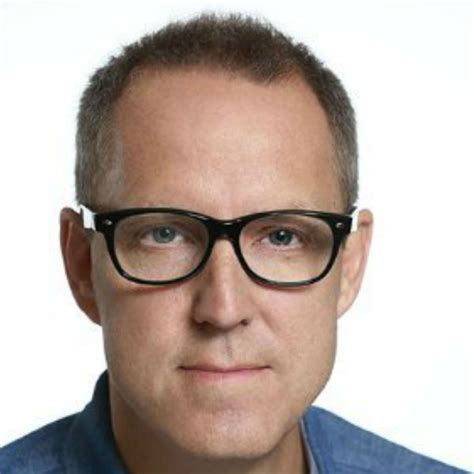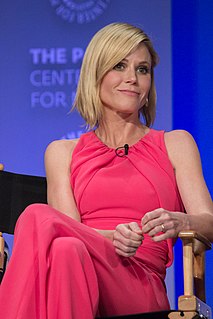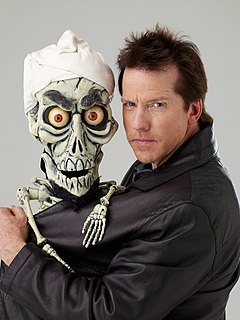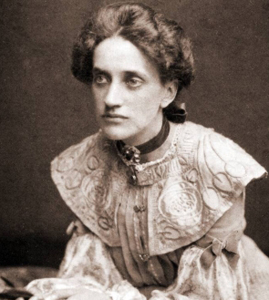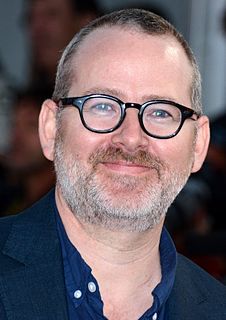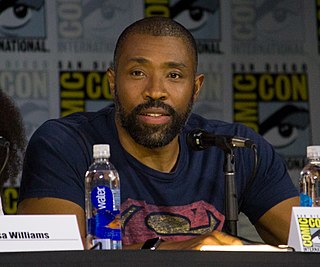A Quote by Oliver DeMille
The liberal arts are the arts of communication and thinking. 'They are the arts indispensable to further learning, for they are the arts of reading, writing, speaking, listening, figuring.
Related Quotes
I majored in drama and theater arts at Columbia and was always in acting studio, but that was a liberal arts degree, not a bachelor of arts degree, so I didn't have a traditional conservatory training. There was a lot of reading and a lot of writing involved, and only about 30 percent of my classes were directly theater-related.
The arts are not a frill. The arts are a response to our individuality and our nature, and help to shape our identity. What is there that can transcend deep difference and stubborn divisions? The arts. They have a wonderful universality. Art has the potential to unify. It can speak in many languages without a translator. The arts do not discriminate. The arts lift us up.
The rapidly evolving global economy demands a dynamic and creative workforce. The arts and its related businesses are responsible for billions of dollars in cultural exports for this country. It is imperative that we continue to support the arts and arts education both on the national and local levels. The strength of every democracy is measured by its commitment to the arts.
On 'Black Lightning' I have a stunt double who's a lot younger than me. The fighting style on the show is heavily martial arts-based, and I know boxing; I don't know martial arts. I also have a really bad knee, and he's been doing martial arts since he was 6 years old, so I'm not thinking, 'No, I can do that! I can make that look cool!'
Computer literacy is a contact with the activity of computing deep enough to
make the computational equivalent of reading and writing fluent and enjoyable.
As in all the arts, a romance with the material must be well under way. If
we value the lifelong learning of arts and letters as a springboard for
personal and societal growth, should any less effort be spent to make computing
a part of our lives?





